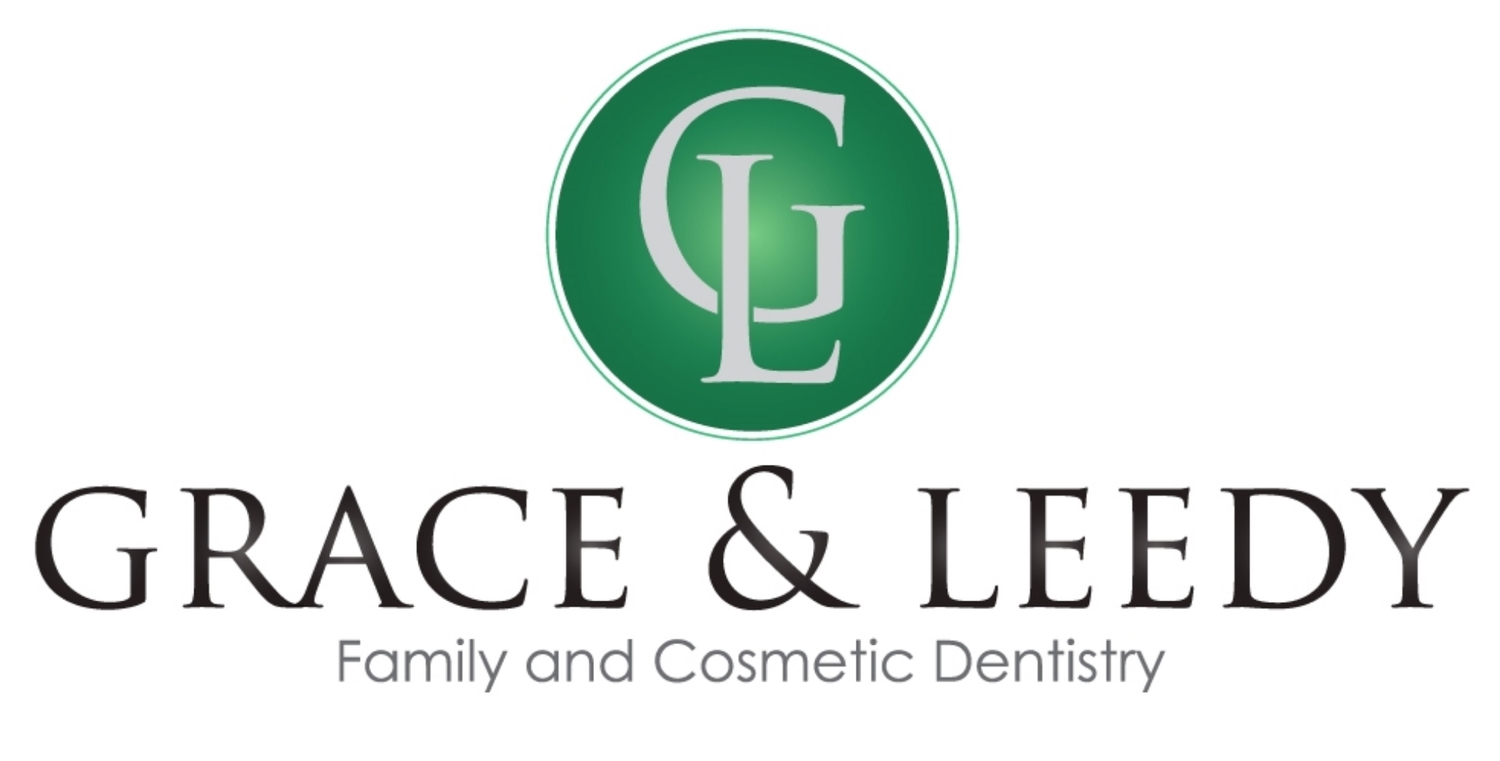Sleep apnea is a serious sleeping disorder that causes people to stop breathing for brief periods of time repeatedly during their sleep cycle. Obstructive sleep apnea is the most common type of sleep apnea. This occurs when throat muscles relax, allowing soft tissues to block the airway and wake the sleeper. Sleep apnea and snoring often occur together. If left untreated, sleep apnea can lead to several complications, including:
What Is Sleep Apnea?
Sleep apnea is a condition that causes you to stop breathing throughout the night, disrupting your sleep. This condition stems from an obstruction of the airway, resulting in poor oxygen flow to the lungs and brain. Obstructed airways usually result from the collapse of soft tissues in the throat or nasal passages. This collapse causes your jaw to shift out of position, leading to a number of symptoms that are also associated with TMJ disorder.
Common symptoms of sleep apnea include:
- Snoring loudly or being woken by the sound of your own snores
- Waking up with a headache or a sore throat
- Feeling tired throughout the day despite sleeping a full night's rest
- Falling asleep at inappropriate times, such as while driving or during a conversation
- Having difficulty concentrating or remembering things
- Being irritable or having mood swings
- Irritability or anxiety while sleeping
- Insomnia
- Depression
- Ringing in your ears
- Tooth grinding
- Dental damage, including worn teeth, broken teeth, and chipped teeth
Although there are numerous potential causes of sleep apnea, the most common in adults is a physical blockage of the airway.
How Is Sleep Apnea Diagnosed?
In order to diagnose this sleep disorder, a physician will first make a thorough medical history of the patient. Then a physical examination will be done to check the patient's neck for any abnormalities. In addition, a polysomnogram may be done to test the airflow in the nose and mouth while the patient is asleep. A referral to a sleep center may be necessary if the doctor determines that a patient is suffering from obstructive sleep apnea.
Treating Sleep Apnea With Oral Appliances
Sleep apnea is a disorder in which one's breathing is interrupted during sleep. It can cause many symptoms, including loud snoring, daytime fatigue, and headaches. Oral appliances are devices that patients wear while sleeping to help treat sleep apnea.
- Mandibular Advancement Device
The jaw repositioning device is designed to reposition the lower jaw forward slightly in order to open the upper airway. This reduces obstruction due to tissues in the mouth and also eases some of the tension on the tissue in the back of the throat. In doing so, the device helps to keep the airways open during sleep to prevent apnea episodes and promote healthy breathing.
- Snore Guard
A snore guard, also called an anti-snoring mouthpiece, can help you stop snoring. This oral appliance can also help to keep the airway open so that you do not wake up gasping for air in the middle of the night.
- Tongue Retaining Device
One of the more common oral appliances used in the treatment of sleep apnea is a tongue-retaining device or TRD. The TRD is custom-made to fit against the back of the patient's lower teeth with an attached piece that touches the tongue. When the appliance is in place, it prevents tissue from obstructing the airway during sleep by holding the tongue forward.
*We also offer referrals for sleep studies.*
To learn more about our sleep dentistry options, visit our office, Grace & Leedy Family & Cosmetic Dentistry, at 10881 West Asbury Ave. Suite 210, Lakewood, CO 80227. You can also reach Dentist Lakewood CO at (303) 989-0452.



